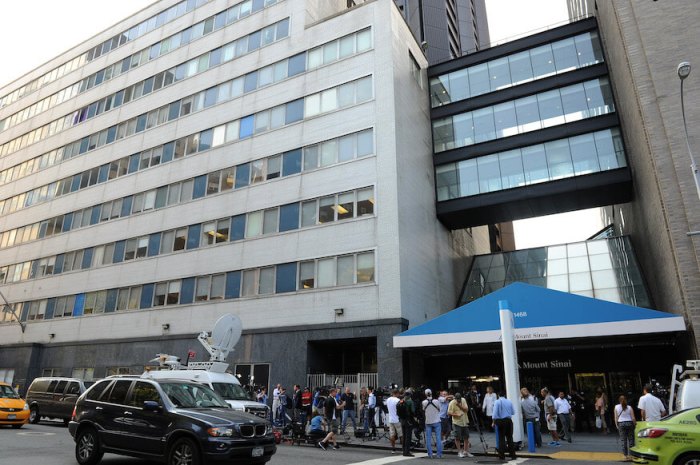When the American Society of Colon and Rectal Surgeons revised its colon cancer screening age to 45 from 50, it made major news. We talked to Dr. Sanghyun Kim, Assistant Professor of Surgery at the Icahn School of Medicine at Mount Sinai, for more information.
Protect yourself against colon cancer
What age should people start being screened for colon cancer?
The American Society of Colon and Rectal Surgeons (ASCRS) recommended that people at average risk of colorectal cancer start regular screening at age 50. However, this guideline was recently modified to 45 years of age. People who are in good health and with a life expectancy of more than 10 years should continue regular colorectal cancer screening through the age of 75.
Why was the age lowered?
The changed was made after reviewing data from a major analysis by researchers. The data showed that new cases of colon cancer are occurring at an increasing rate among younger adults. Lowering the starting age is expected to benefit not only the segments of the population who suffer disproportionately from colon cancer but also those individuals otherwise considered to be at average risk.
If the age for everyone has been lowered, is there a new age for high-risk people?
No. A high-risk patient should obtain his or her screen sooner but it may depend on multiple factors. If a patient has a family member who developed colon cancer at age 45, then the screening for the relative should start 10 yrs earlier at age 35.
Who is in the high-risk group?
Personal history of colorectal polyps or colorectal cancer, History of inflammatory bowel disease, Family history of colorectal cancer or adenomatous polyps, Having type 2 diabetes, Being overweight or obese, Physical inactivity, Smoking, Heavy alcohol use
What does a colonoscopy entail?
Colonoscopy entails a long, flexible, tubular instrument about 1/2 inches in diameter that transmits an image of the lining of the colon so the physician can examine it for any abnormalities. Also, if abnormal lesion or mass is found, it can be sampled or removed completely with a colonoscope.
Why do so many people avoid colonoscopies?
People feel that the test is difficult, painful, and uncomfortable (bowel prep.) They think screening is only for those who have symptoms (screening should be done even without symptoms), complexity and cost of screening, including taking time off from work, getting a ride home, and high out-of-pocket expenses.
Who’s a good candidate for the at-home test?
People who have a high risk of complications from conventional colonoscopy. People who are frail or ill or cannot tolerate the procedure. For patients who prefer a less invasive approach.
If you do the at-home test, should you still have a colonoscopy?
It is very important that patients understand that if your at-home test has positive findings, your doctor will have to do a colonoscopy to look for and remove any precancerous or cancerous growths.
How can you best protect yourself against colon cancer?
Get screened for colorectal cancer. Screenings are tests that look for cancer before signs and symptoms develop. Eat lots of vegetables, fruits, and whole grains. Get regular exercise and watch your weight. No smoking and limit your red/processed meats and consumption of alcoholic beverages.



















